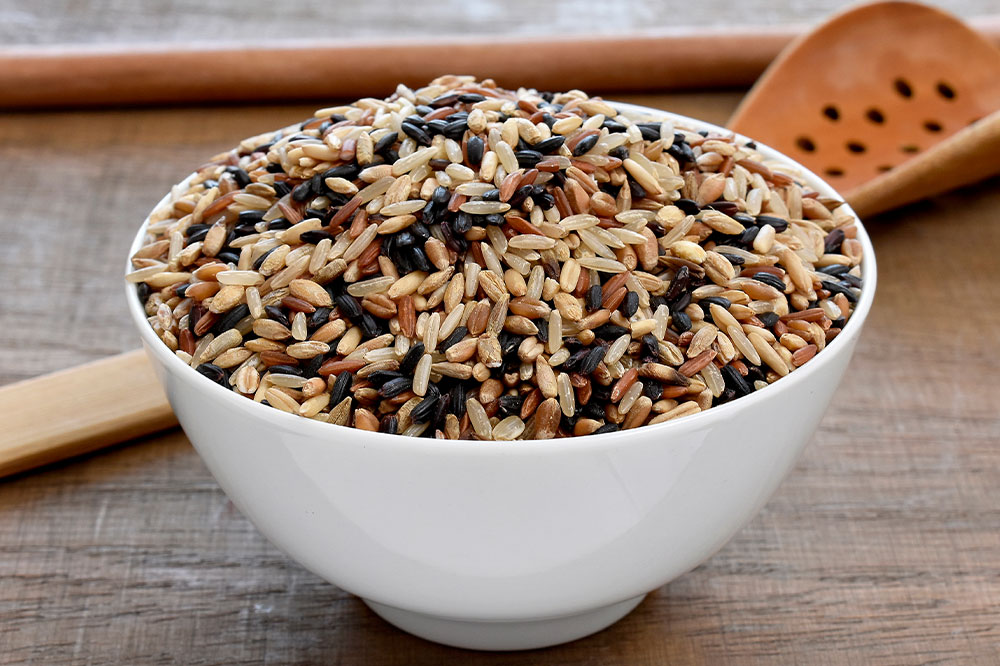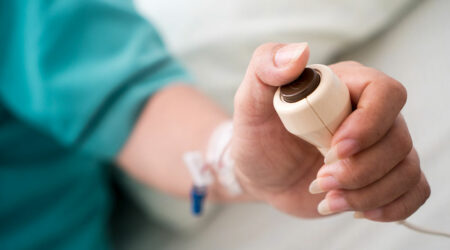
Understanding bipolar disorder and its remedies
Bipolar disorder (formerly known as manic depression) is a mental health condition where an affected person may experience extreme mood swings, including mania or hypomania (emotional highs) and depression (emotional lows). The condition affects approximately 5.7 million adults every year, or about 2.6% of the population aged 18 and older. The mental health condition can lead to multiple mood shifts, affecting one’s daily life.
Symptoms
Bipolar can happen at any age but is more commonly diagnosed in the teenage years or early 20s. The symptoms of bipolar disorder may differ among people. It may include mania, hypomania, and depression. A person with mania and hypomania may show symptoms like a reduced need for sleep, abnormally upbeat, jumpy or wired, unusual talkativeness, racing thoughts, and distractibility. A person who experiences major depressive episodes may experience symptoms like depressed moods of sadness, emptiness, tearfulness, and hopelessness. Other symptoms include insomnia, restlessness, fatigue, and lack of focus.
Types
There are three major categories of bipolar disorder:
Bipolar I disorder
The person has had at least one manic episode that may occur or follow hypomania or major depressive episodes. Some people with mania may experience triggers of psychosis.
Bipolar II disorder
A person with Bipolar II disorder has experienced at least one major depressive disorder episode, and the individual may also have suffered one hypomanic episode with no manic episodes.
Cyclothymic disorder
Someone with this condition has experienced several episodes of hypomania symptoms and periods of depressive symptoms.
Causes
The exact cause of Bipolar disorder is yet to be ascertained. However, research indicates that certain factors might trigger this condition. Genetics is one factor where a person is at greater risk of developing bipolar if their parents have the condition. The structure of the brain and its function is also considered a potential trigger for bipolar disorder. Stress is another contributing factor. Stressful events such as relationship struggles, illness, financial problems, and other factors can trigger a manic or depressive episode.
Meal plan
The foods a person eats may not cure them of bipolar disorder. However, altering daily meals can help manage manic episodes and help the patient cope with their symptoms. Whole grains like oatmeal, brown rice, and quinoa contain carbohydrates that can boost serotonin production in the brain. Serotonin levels can ease anxiety and make the individual feel good. Foods rich in omega-3 fatty acids like eicosapentaenoic acid (EPA) and docosahexaenoic acid (DHA) can improve how the nerve cells transmit signals. A few foods rich in omega-3 fatty acids include mackerel, trout, tuna, salmon, and eggs. Foods rich in selenium, tryptophan, magnesium, and probiotics are also healthy for those affected with bipolar disease.
Foods to avoid
On the contrary, certain foods may trigger or worsen the symptoms of bipolar disease. These include red meats and foods rich in saturated and trans fats. Caffeinated drinks or foods may also trigger symptoms of the disorder. Such products may also affect an individual’s sleep cycle. Foods with excessive sugar must also be cut down in meals as it may contribute to certain health conditions that may trigger bipolar disorder.
Treatment
Therapists may recommend multiple prescription options to see which works best for the patient. Some patients may need to take more than one prescription type to control the symptoms. Psychotherapy (talk therapy) is another treatment method to help individuals maneuver thoughts, emotions, and behaviors in the right direction. It can also give the person and their family awareness, skills support, and coping strategies. Electroconvulsive therapy (ECT) is a brain stimulation procedure known to relieve symptoms of severe bipolar disorder.
Natural remedies
Changing lifestyle habits is one of the ideal ways to cope and manage bipolar symptoms naturally. Exercising for at least 30 minutes daily can help keep the body active and complement one’s sleep cycle. Furthermore, setting a schedule for daily activities can help one control their mood. Sleeping on time and getting about eight hours of rest can also help mitigate the effects of the disorder.




